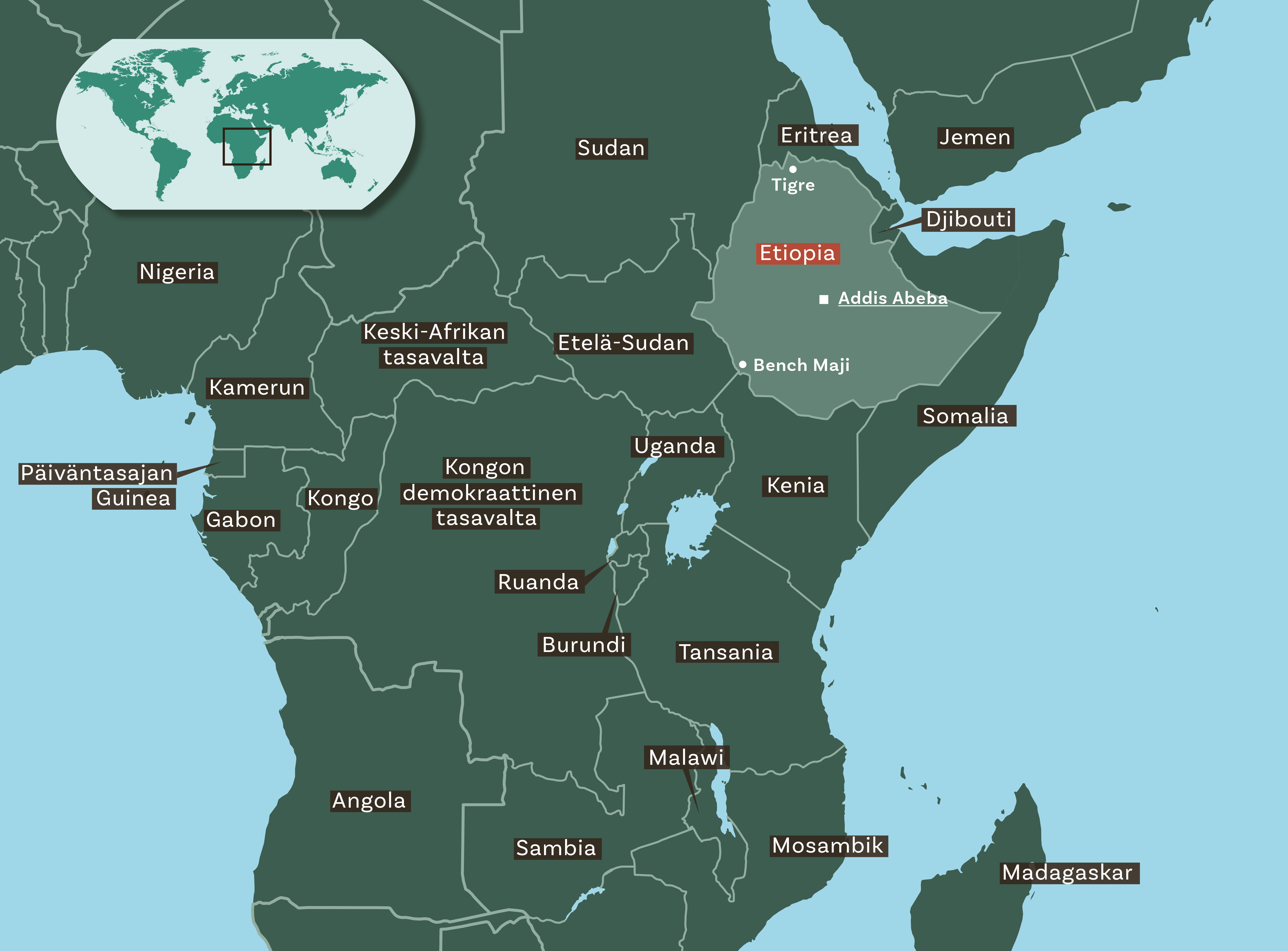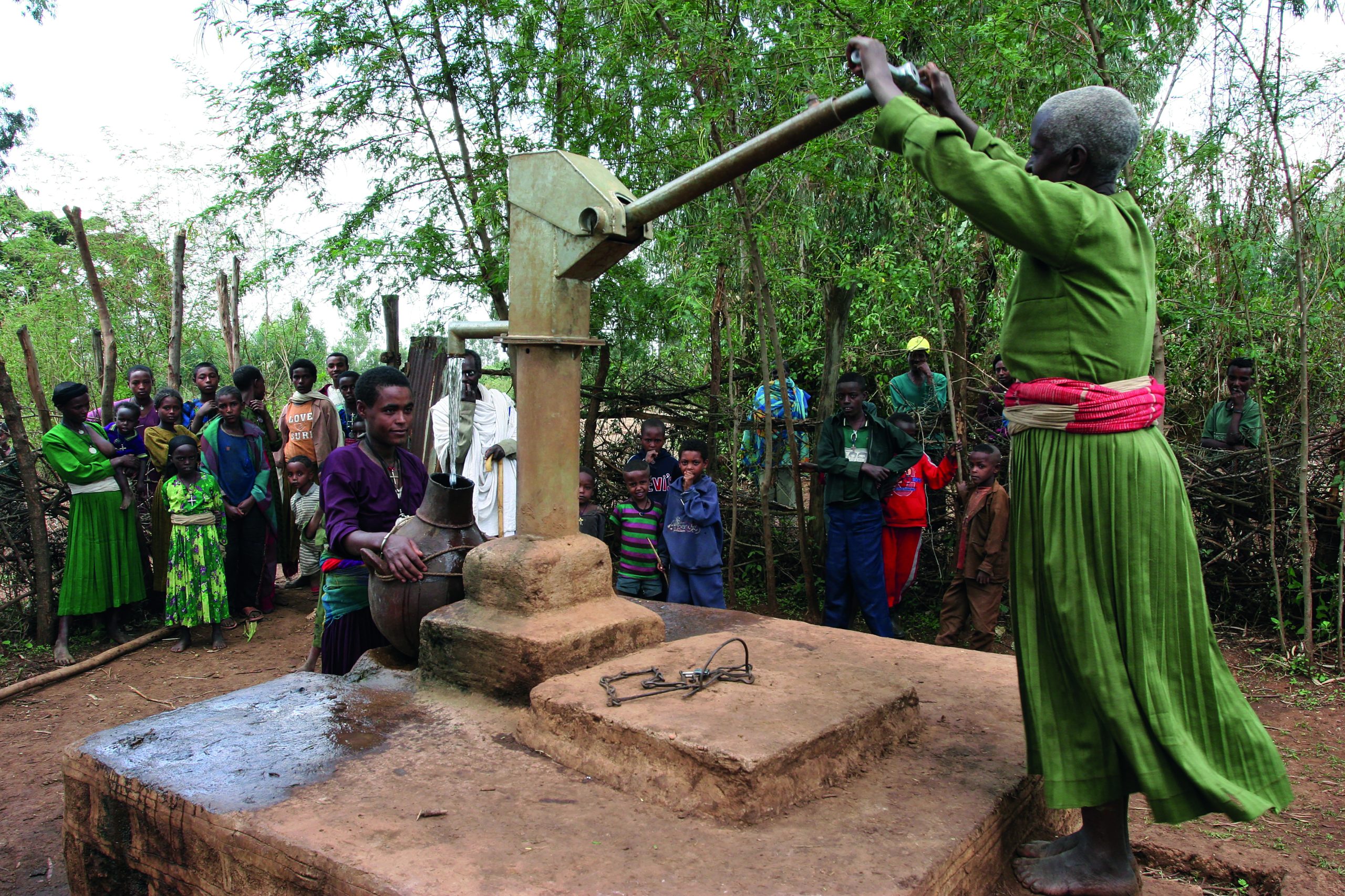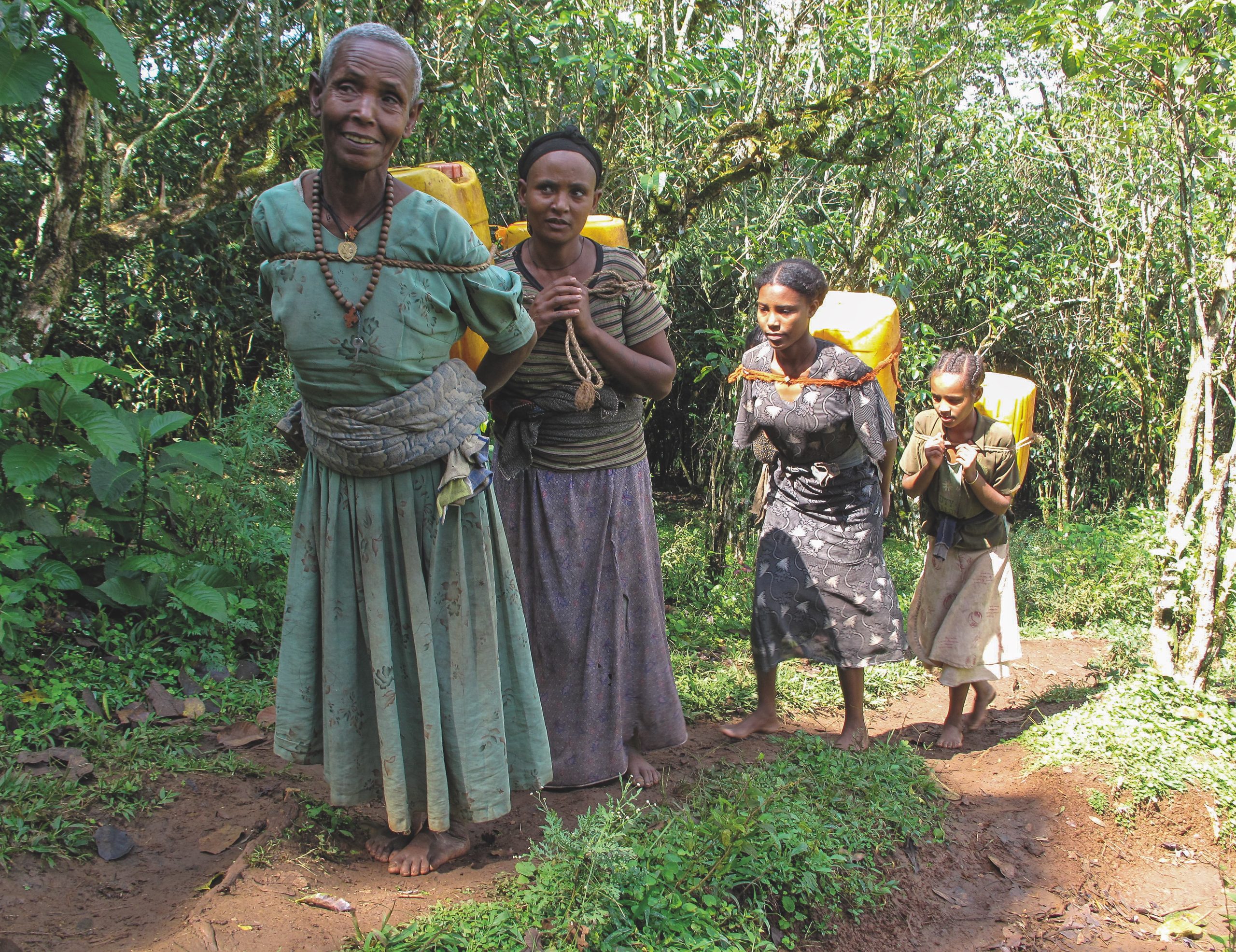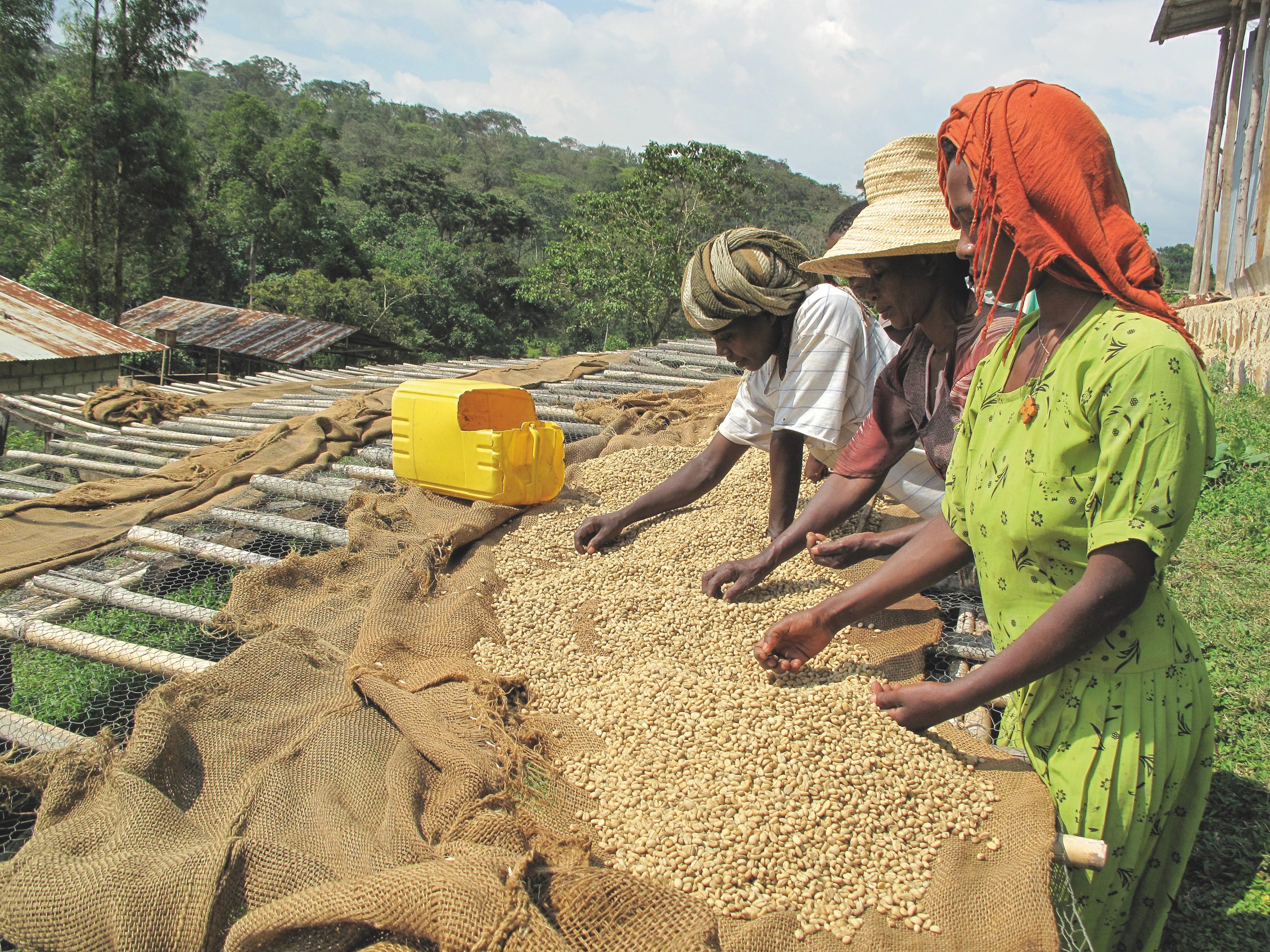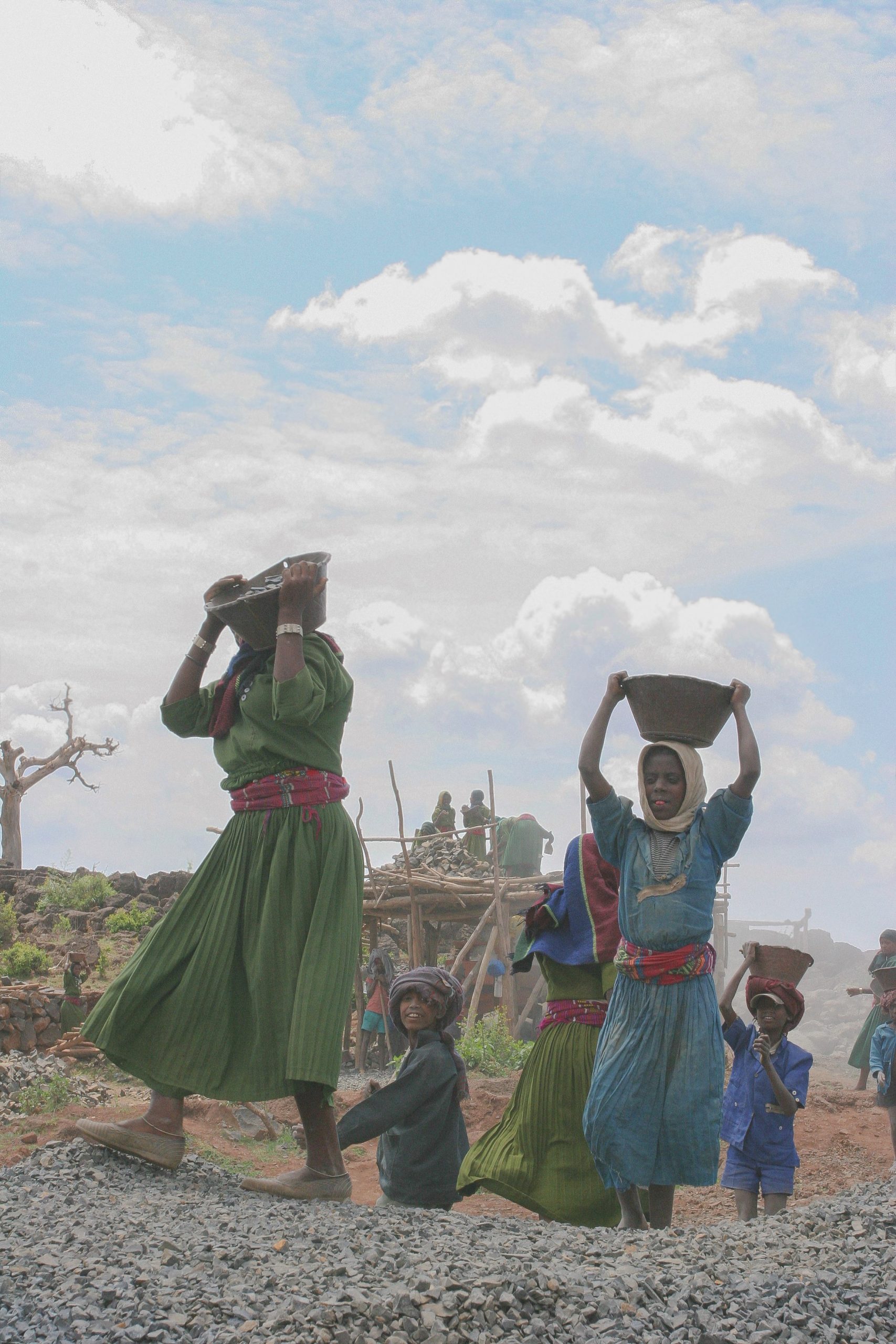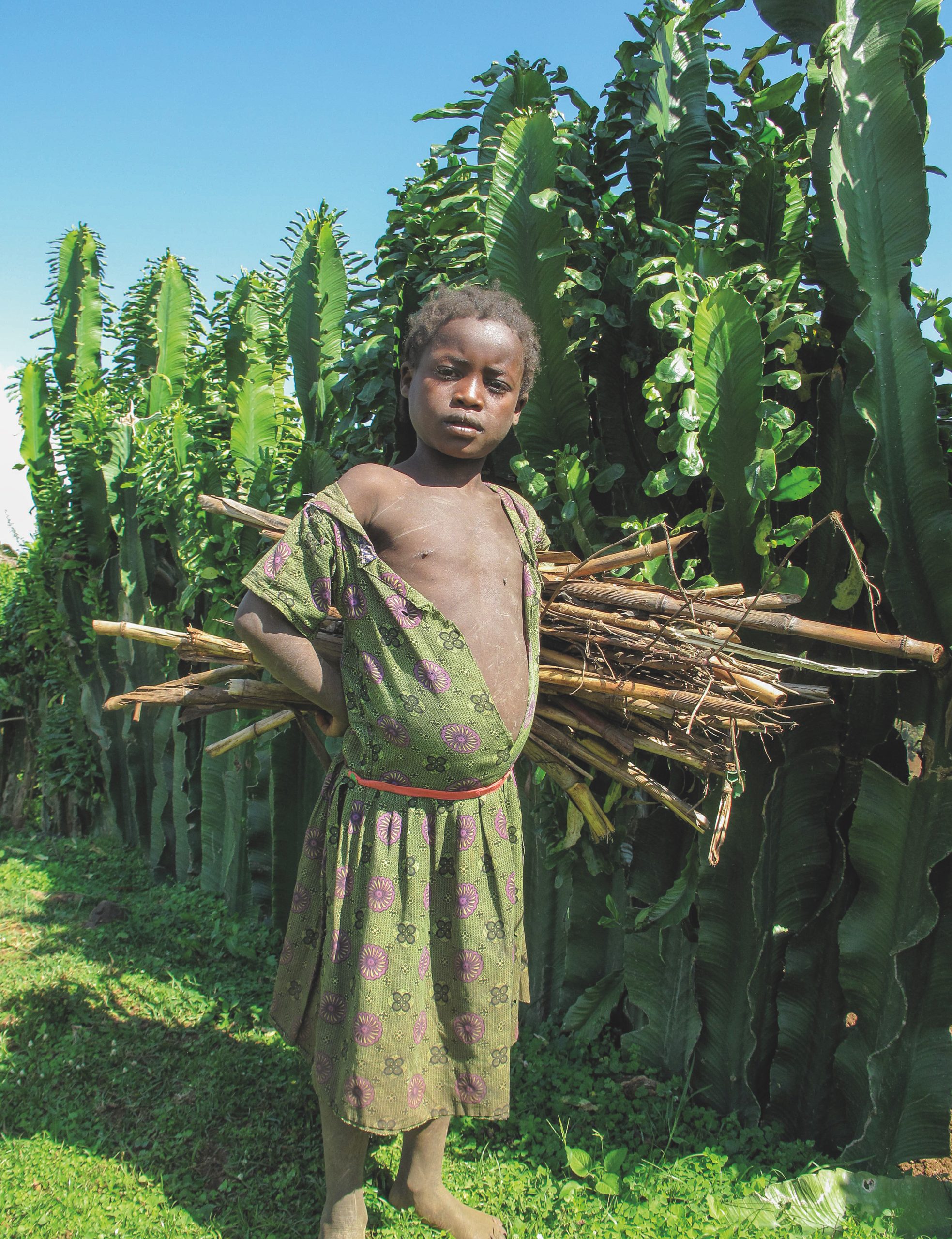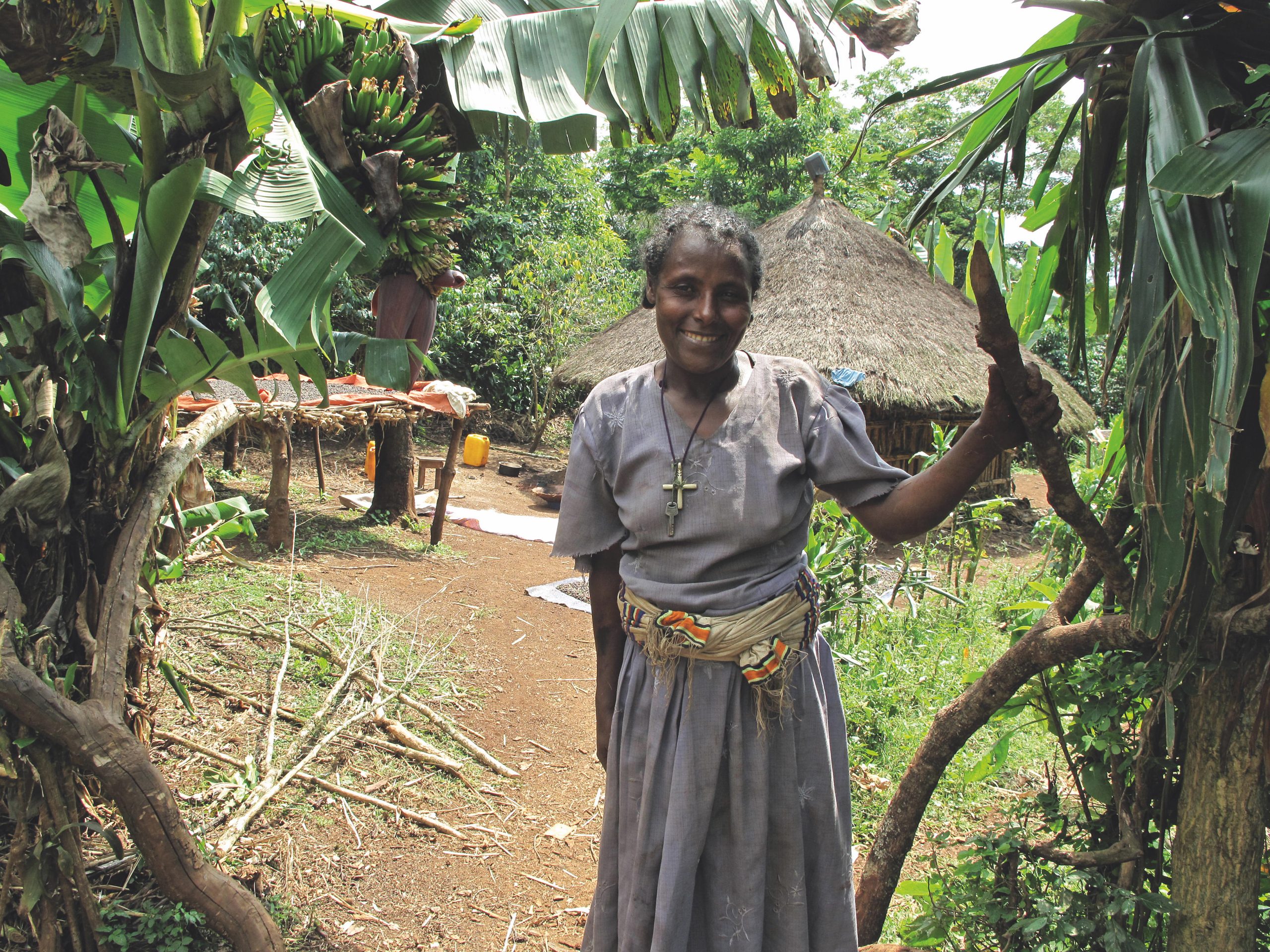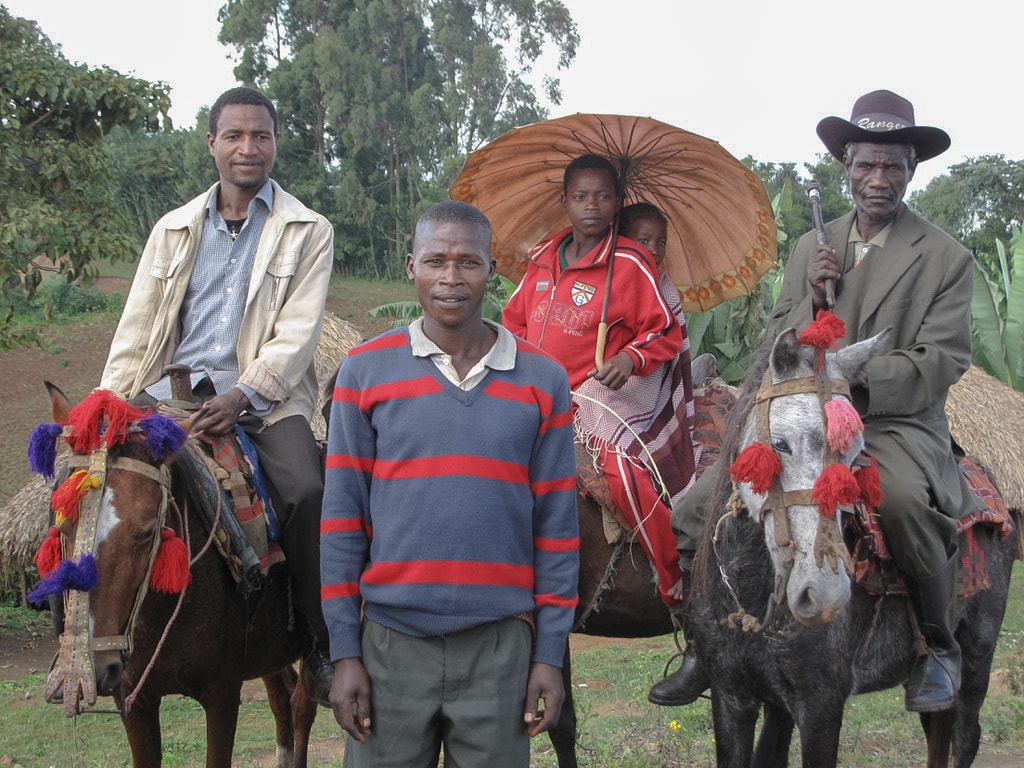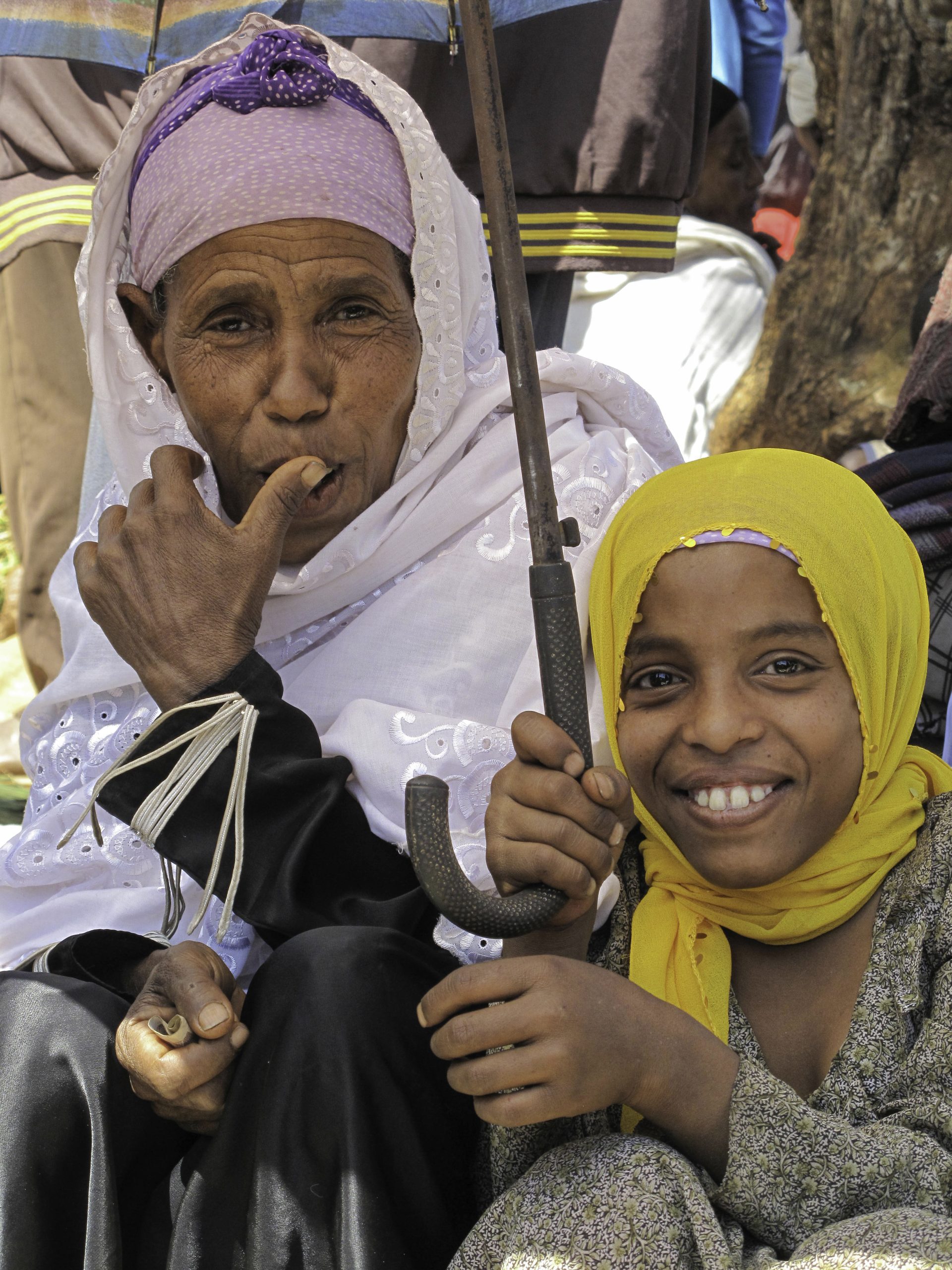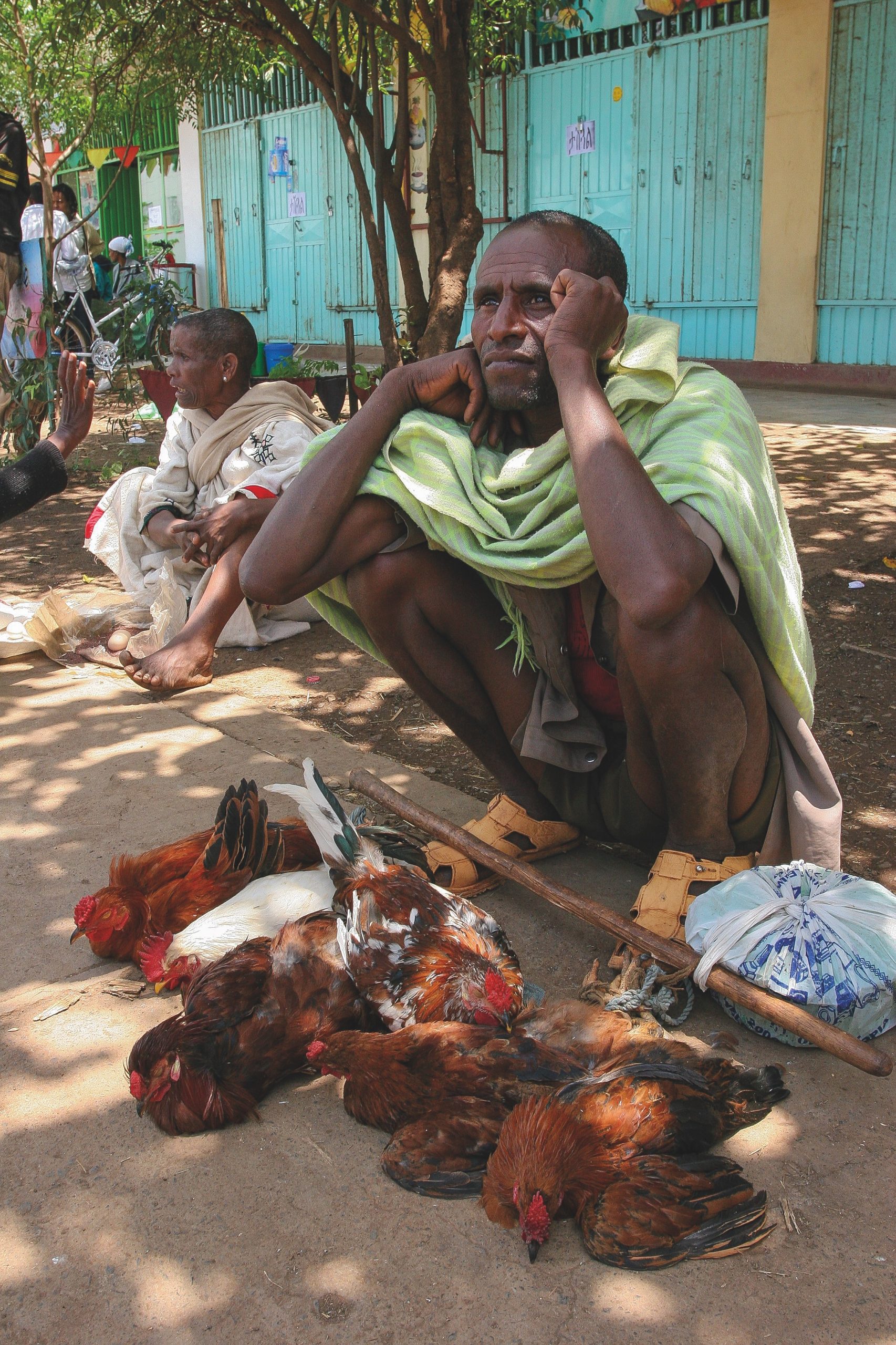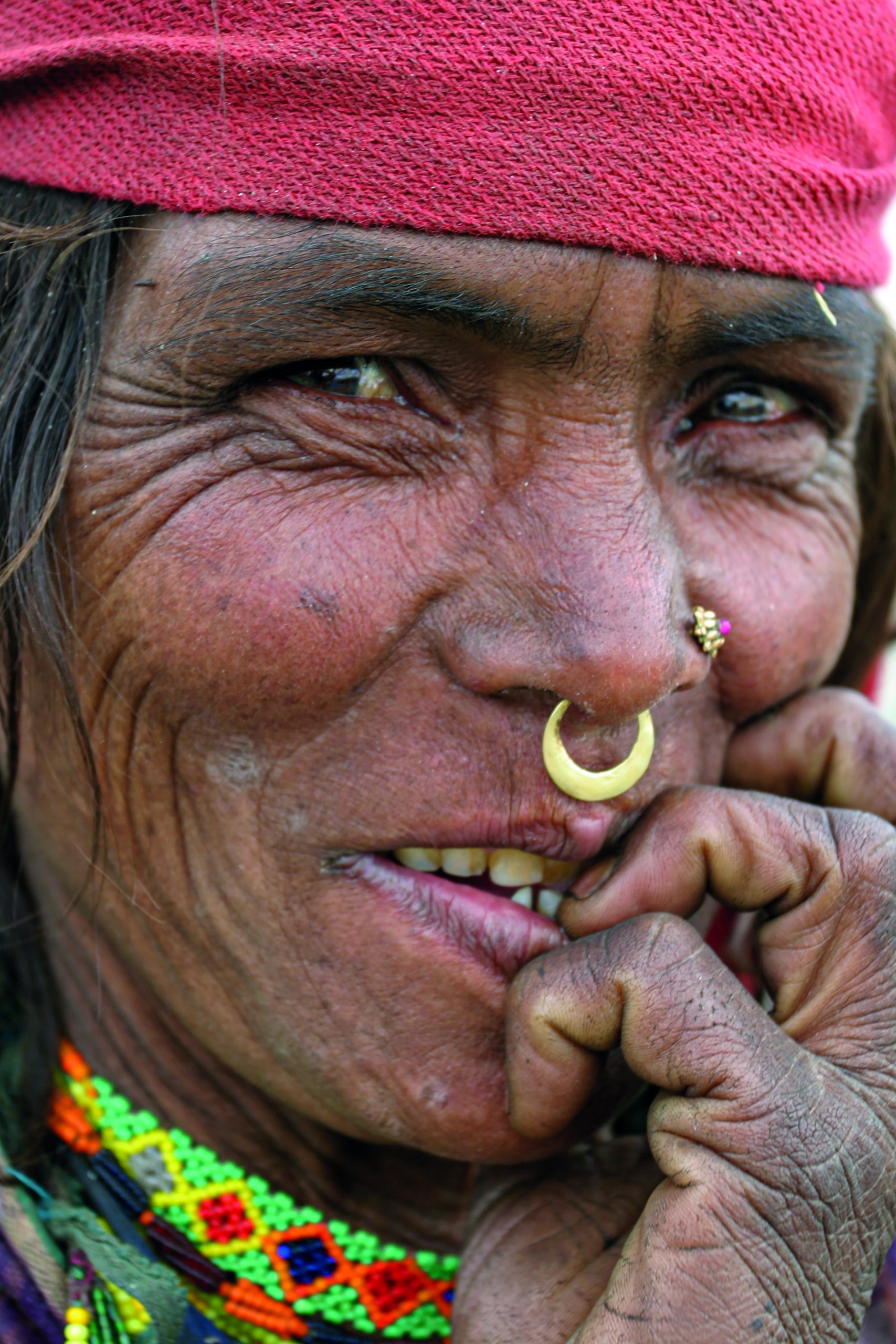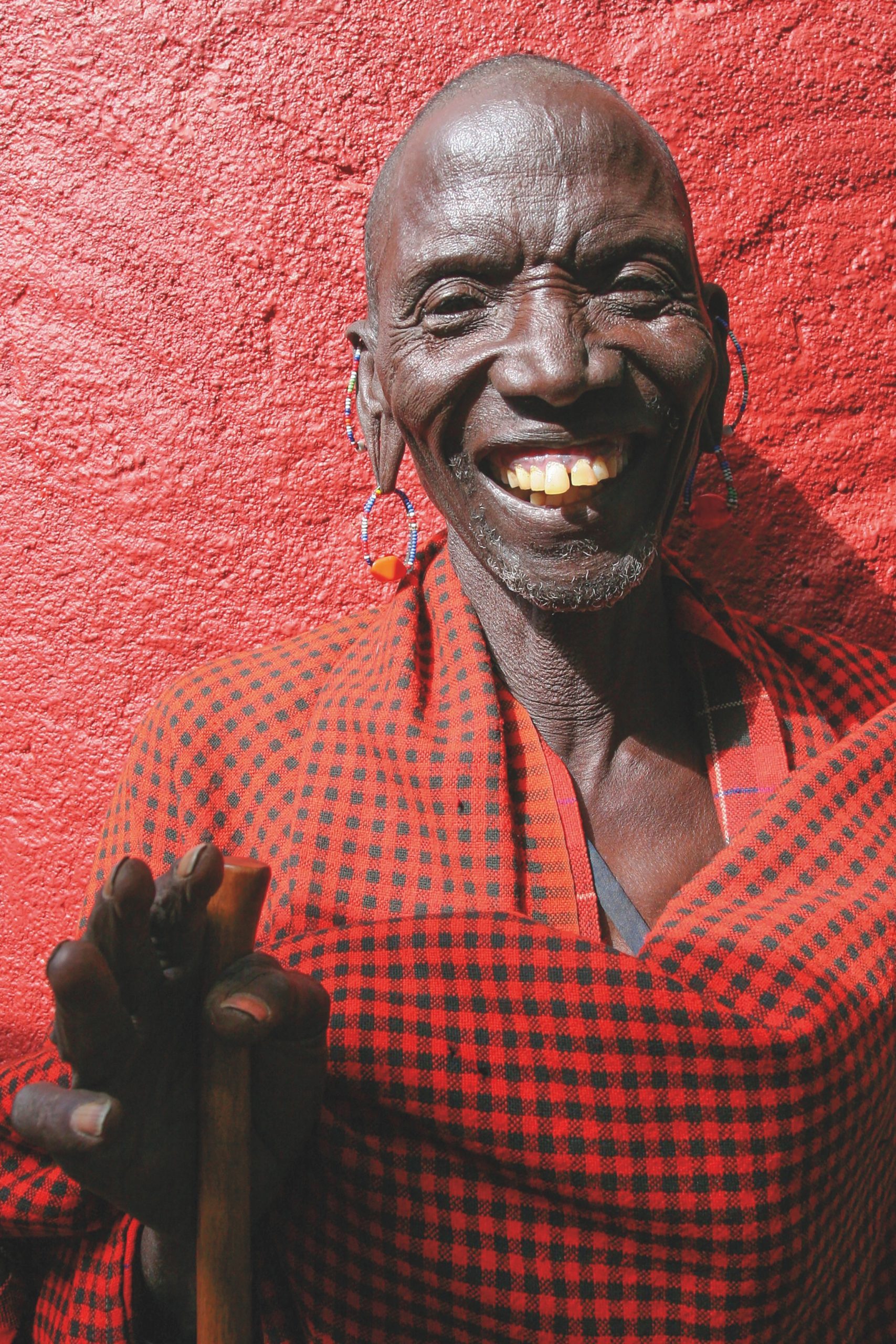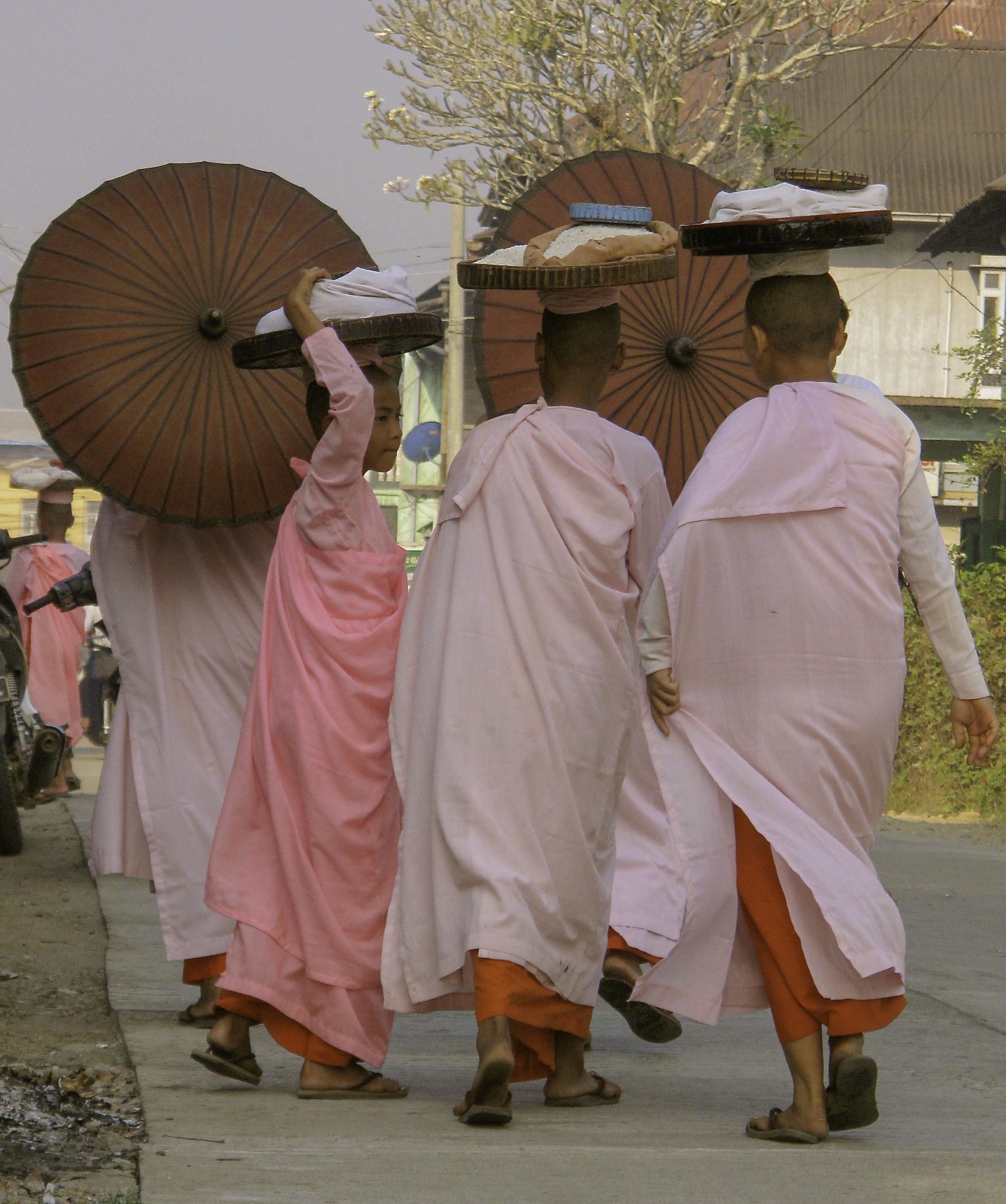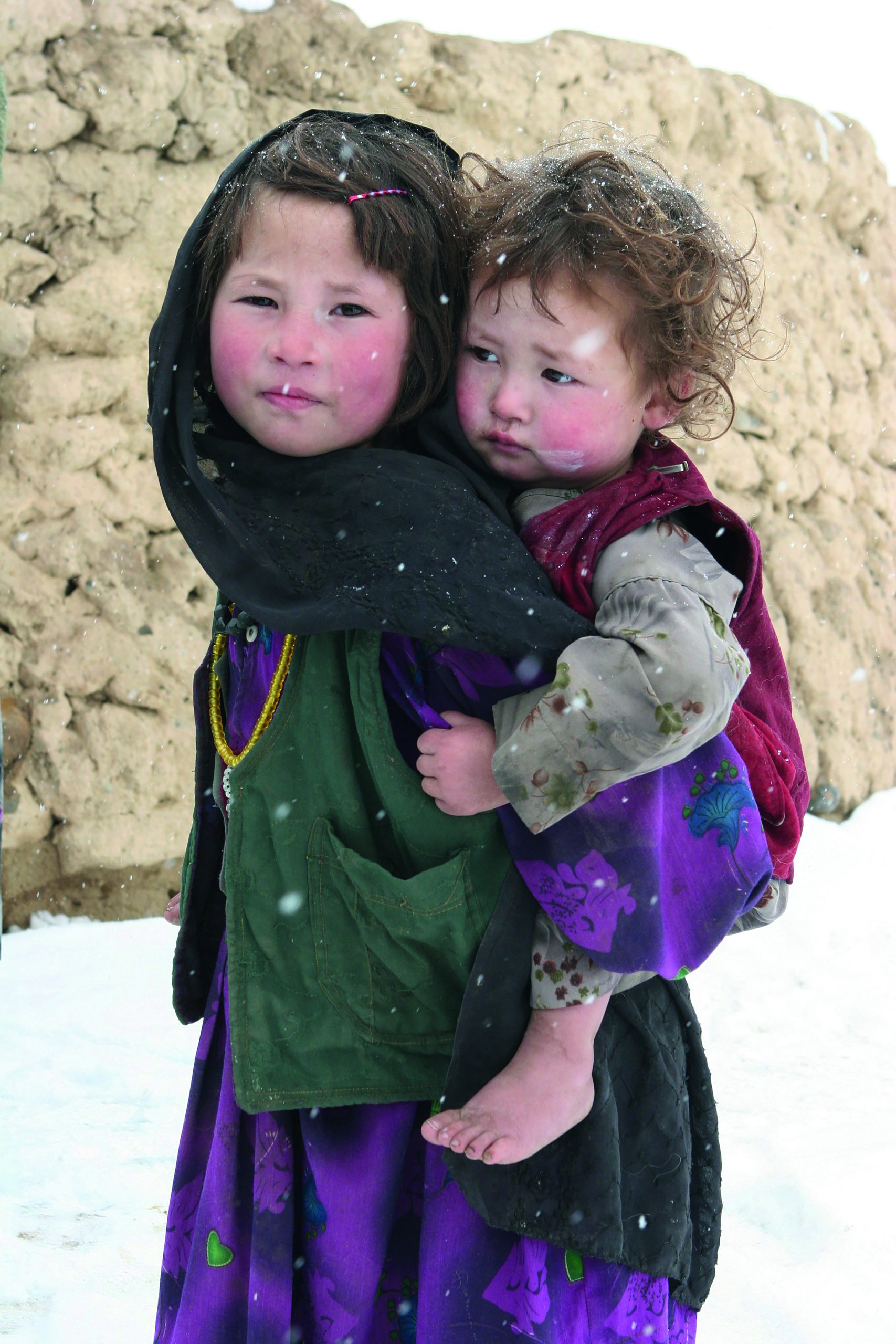Pumps Give Cleaner Water in Ethiopia
Ethiopia is one of the poorest countries in the world.
Its economy, however, has grown quickly.
One clear sign of this is the capital, Addis Ababa.
I visited Ethiopia for the first time in 1974,
to report on the student demonstrations.
After the demonstrations, the long reign of
Emperor Haile Selassie (1930–1974) ended.
The monarchy was abolished in 1975
and Ethiopia was ruled by the military until 1991.
The country had been ravaged
by many wars and internal conflicts.
Today, the officially named
Federal Democratic Republic of Ethiopia
has a population of some 115 million people.
The Ethiopia photo exhibition consists of 9 different photographs and stories.
The photos are from 2011.
1.
Ethiopian villages suffer from a shortage of water.
People were proud to show me wells
with a hand-powered water pump.
Though simple and modest,
the pumps are efficient expressions
of Finnish-Ethiopian cooperation.
This village well was shown to me
by a woman who has the keys to the well
which she maintains along with the pump.
She represents the part of the community
that has received training.
In many African countries,
pump maintenance is difficult
because standards vary.
Tens of thousands of water pumps
have been set up in Ethiopia
with support from Finland.
They provide clean water
for more than five million people.
Ethiopia’s water programmes
are among the most successful
of the Finnish development cooperation projects.
2.
These women carry water to their homes
from a new water point
located a few hundred metres from the village.
The previous water point was a kilometre away.
The photograph is from the Bench Maji region
near the border with South Sudan.
The Ethiopian Red Cross Society
and the Finnish Red Cross
have improved water services in the area.
Traditionally, the village women
have carried the water.
They say they are happy now.
With the well closer to their village,
they have more time for other things.
3.
My happy memories of travelling in Ethiopia
include the unhurried coffee ceremonies.
Arabica coffee comes from Ethiopia.
Ethiopia is Africa’s largest
and the world’s fifth largest producer of coffee.
Today, Ethiopia exports 280,000 tonnes of coffee a year.
Coffee provides a livelihood
for more than 15 million Ethiopians,
most of it from smallholder farmers.
Another top export is gold,
which Ethiopia exports to Switzerland.
It also exports vegetable oil,
cut flowers and vegetables.
4.
Some 25 per cent of the population of Ethiopia
live below the poverty line.
However, there has been progress since 1995,
when up to 45 per cent of the people lived in poverty.
The State is striving to become
a country of average income by 2025.
As more children go to school,
they stop working
in stone crushing plants and other jobs.
Then views like this will be history.
5.
My saddest memories of Ethiopia
and its children are from 1984.
A great famine had struck the country
and we visited death camps.
During a single night,
we witnessed tens of children dying
in one small area.
This famine tragically
killed about a million people.
The Ethiopian authorities
had kept the famine secret for a long time.
The gravity of the situation was not revealed
until a BBC camera crew made it into the area.
6.
In 2015, Ethiopia was doing quite well
at reaching the UN’s Millennium Goals.
They were to halve poverty,
provide access to clean water,
and fight tuberculosis and malaria.
Child mortality had been reduced significantly.
That is why some 40 per cent of the population
is under 15.
7.
Finland works with Ethiopia on development cooperation
with the aim of strengthening the country’s economy
and providing new jobs.
It is also important to increase the value of farming produce
through refining and processing.
Development cooperation projects
also aim to diversify agricultural plants.
8.
Ethiopia is a huge country,
more than three times the size of Finland.
Culturally speaking, Ethiopia is a colourful patchwork,
but is difficult to rule a country
that has two main religions
and several ethnic groups.
9.
There are dark clouds over Ethiopia.
Even though the economy has grown,
the country’s unity is in danger.
In 2019, Prime Minister Abiy Ahmed
received the Nobel Peace Prize.
In a short time,
he had made peace with Eritrea
and worked to promote democracy.
However, many western countries
and human rights organisations
are disappointed with the government
and the way things are going.
This is due to the civil war in Tigray.
